Saraki Confident in PDP’s Comeback Amid Leadership Crisis Former Senate President and prominent Peoples Democratic Party (PDP) figure, Dr. Bukola Saraki, has expressed strong optimism that the party will overcome its current internal crisis and reclaim its leadership role in Nigeria’s political landscape. Saraki made the statement following a high-level strategy session with key
Saraki Confident in PDP’s Comeback Amid Leadership Crisis
Former Senate President and prominent Peoples Democratic Party (PDP) figure, Dr. Bukola Saraki, has expressed strong optimism that the party will overcome its current internal crisis and reclaim its leadership role in Nigeria’s political landscape. Saraki made the statement following a high-level strategy session with key PDP stakeholders in Enugu State.
The closed-door meeting included Enugu State Governor Peter Mbah, as well as Senators Seriake Dickson and Ibrahim Dankwambo. The gathering was part of a broader initiative by the PDP Strategy and Way Forward Committee to address the party’s ongoing leadership turbulence and reposition it ahead of the 2027 general elections.
In a statement shared via his official 𝕏 handle, Saraki stated, “We didn’t sidestep the issues. We confronted the fractures in our foundation, asked the hard questions, and began shaping a real, workable plan to move our party forward.”
Rebuilding the PDP from Within
Saraki emphasized that the party is undergoing a much-needed period of introspection and structural reassessment. While acknowledging the gravity of the internal discord, he maintained that the PDP possesses the human and ideological resources to bounce back stronger.
“I believe in the PDP. I believe in what it has stood for and what it can still become if we’re willing to do the hard, unglamorous work of rebuilding from the inside out,” Saraki noted. “The road ahead won’t be easy. It will test us and demand more from each of us. But I leave Enugu more convinced than ever: we have the people, the resolve, and the clarity to rise to the occasion—and to lead again.”
FCTA To Take Possession of 4,794 Properties Over Ground Rent Default From May 26
The National Secretary Dispute
Central to the PDP’s current turmoil is the bitter dispute over the office of the National Secretary. The standoff involves Samuel Anyanwu and Sunday Ude-Okoye, both of whom lay claim to the position. The impasse began when Anyanwu vacated the role to contest the Imo State governorship election, a race he ultimately lost.
During his absence, the Southeast Caucus of the party endorsed Ude-Okoye as the new National Secretary. However, following his defeat in the Imo polls, Anyanwu returned to reclaim the post, sparking a power struggle that has deeply divided the party’s leadership.
This controversy has fueled broader concerns about the PDP’s internal democracy and its ability to present a united front as Nigeria approaches another critical election cycle.
A Test of Unity and Leadership
Saraki’s visit to Enugu and his meeting with fellow party elders is viewed as part of a broader effort to mediate these internal disputes and unify the party’s base. His comments underscore the importance of institutional reform and the need for inclusive decision-making within the PDP’s national leadership.
Political analysts see Saraki’s involvement as a strategic move to rekindle the confidence of PDP loyalists and position the party as a viable alternative to the ruling All Progressives Congress (APC). His remarks appear to be aimed at both calming the storm within and signaling readiness to voters disillusioned with the status quo.
Path to 2027: Reconciliation and Strategy
As Nigeria edges closer to the 2027 general elections, the PDP faces a critical test of relevance. The leadership crisis has provided ammunition to opponents, but it also presents an opportunity for the party to rebrand and reassert itself as a party of the people.
Governor Peter Mbah and the senators involved in the Enugu meeting are believed to be pushing for a reconciliation framework that will not only address the National Secretary dispute but also tackle the broader questions of governance, representation, and party discipline.
The PDP’s slogan, “Power to the People,” echoed in Saraki’s statement, now serves as a rallying cry for a party trying to reclaim its grassroots identity. Whether the PDP can resolve its internal rifts and present a cohesive, compelling vision for Nigeria’s future remains to be seen. But with leaders like Saraki actively engaging in strategy and bridge-building, there is a renewed sense of possibility.
For now, Saraki’s message is clear: the PDP is not giving up. With unity, clarity, and hard work, he believes the party can not only survive this turbulent period but also emerge as a dominant political force once again.

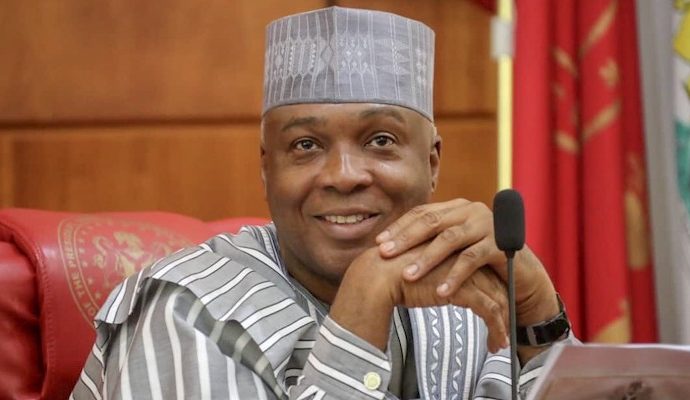
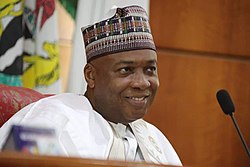
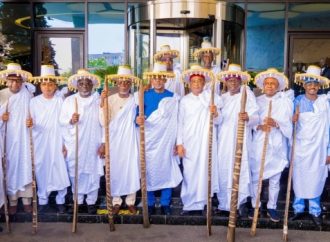

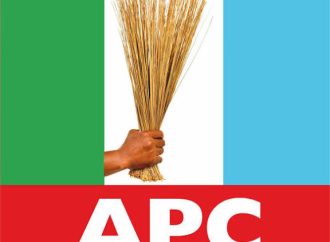
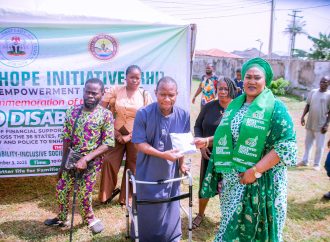
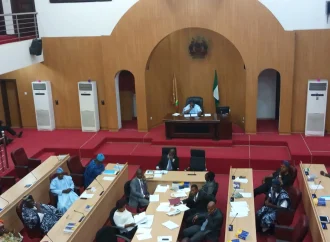



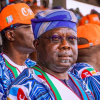

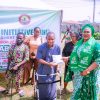





Leave a Comment
Your email address will not be published. Required fields are marked with *